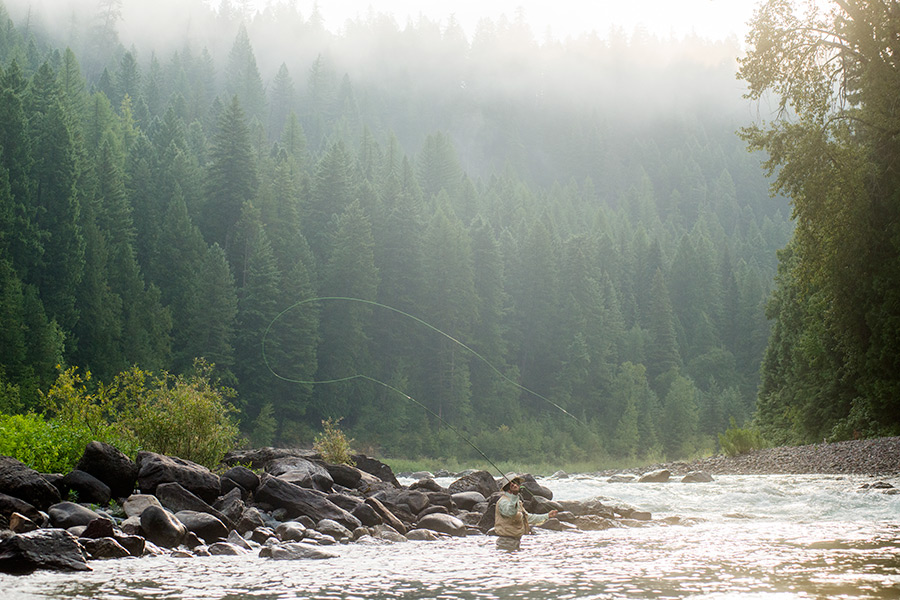Montana’s 2016 hunting and fishing licenses went on sale Monday, Feb. 1, under a new fee structure passed by the state legislature. Licenses will be available at all Montana Fish, Wildlife & Parks license outlets.
This year hunters must purchase a new “base hunting license” that is a prerequisite to buying any state hunting license. The $10 resident license includes the hunting access enhancement fee that was charged separately for $2 last year. The new base hunting license was created in lieu of adjusting license fees for individual species.
A season-long Montana resident fishing license will increase by $3 this year to $21. Fishing licenses will no longer be sold in combination with a conservation license, which is required for any hunting or fishing license purchase. The price of a resident conservation license will remain at $8 for all ages.
Under the new structure, most licenses that were free or discounted in 2015 will be charged at half of the standard license cost. Previously, free licenses or a variety of discounted prices were offered to some youth, seniors and disabled sportsmen. In 2016, only military recognition and block management cooperator combination licenses will remain free. FWP is reimbursed by the state general fund for military recognition licenses and block management cooperators provide hunting opportunities for all sportsmen.
Starting Feb. 1, the new fee structure will standardize the definition of youth as those between 12 and 17 years old. This language replaces a number of age categories.
The price of all other resident tags, licenses, drawing fees and permits will remain the same as in 2015.
Montana’s last general resident hunting and fishing license fee increase approved by the Montana Legislature came in 2005 and in 2003 for nonresidents. FWP fish and wildlife management programs are primarily funded via the sale of fishing and hunting licenses.
